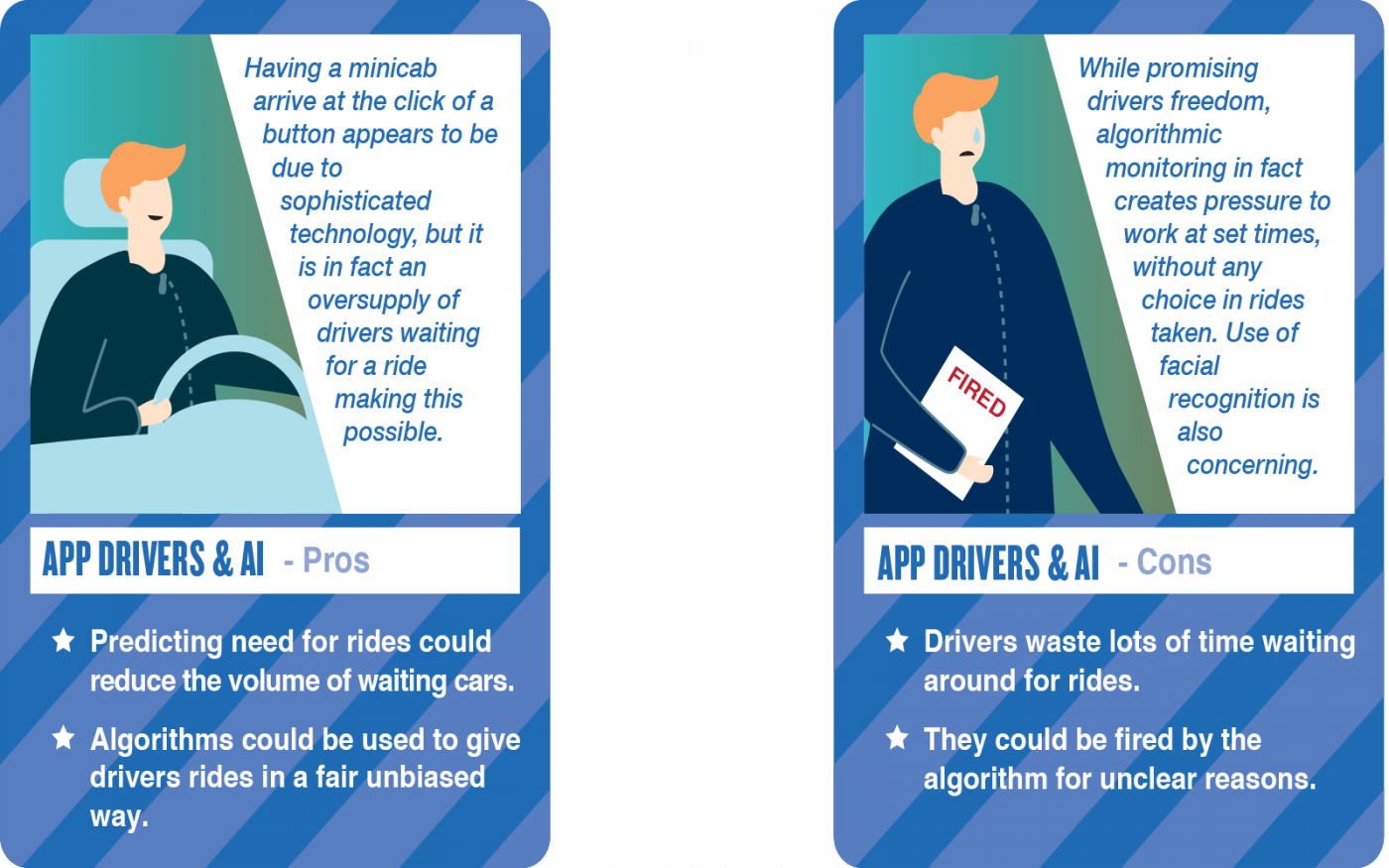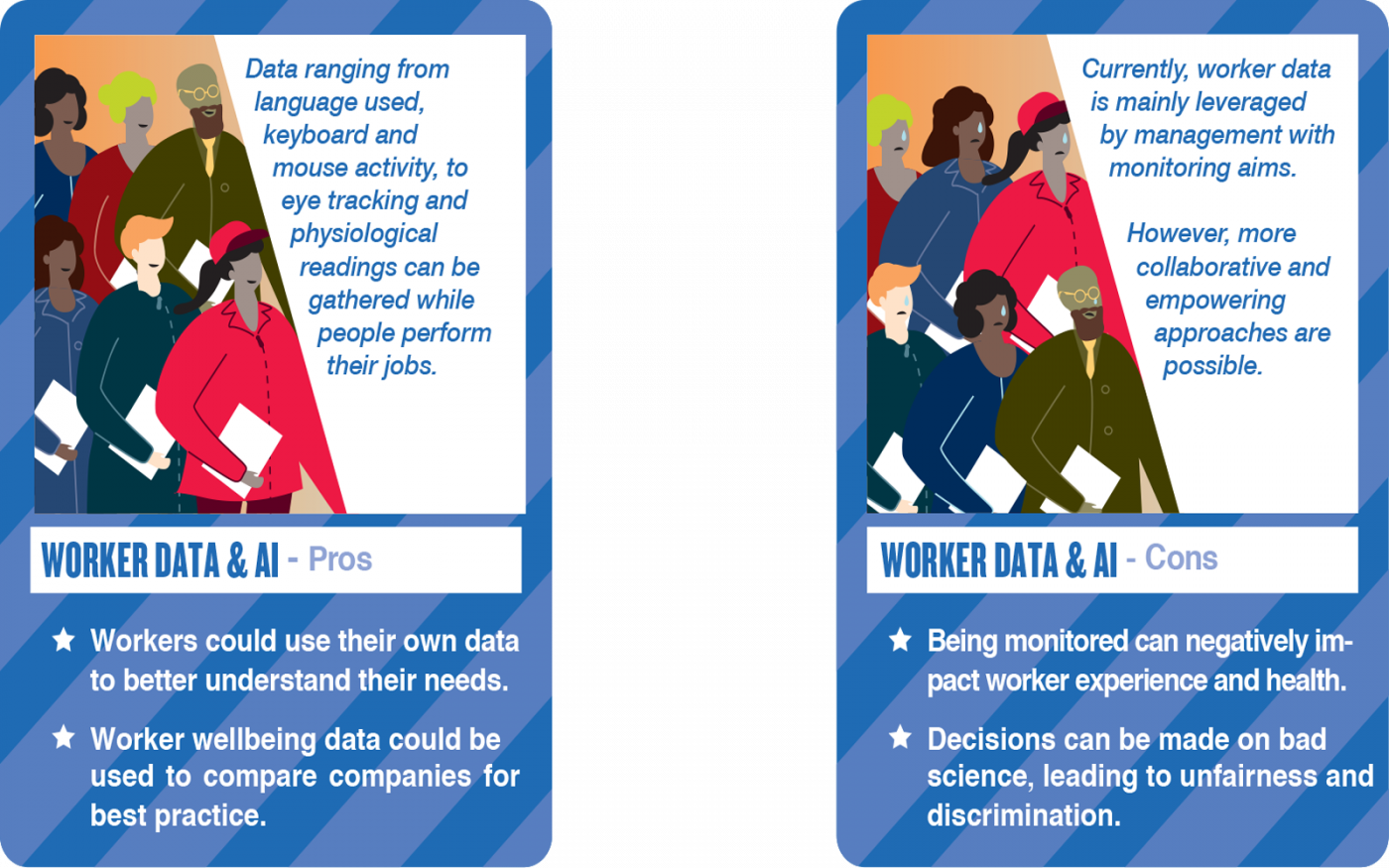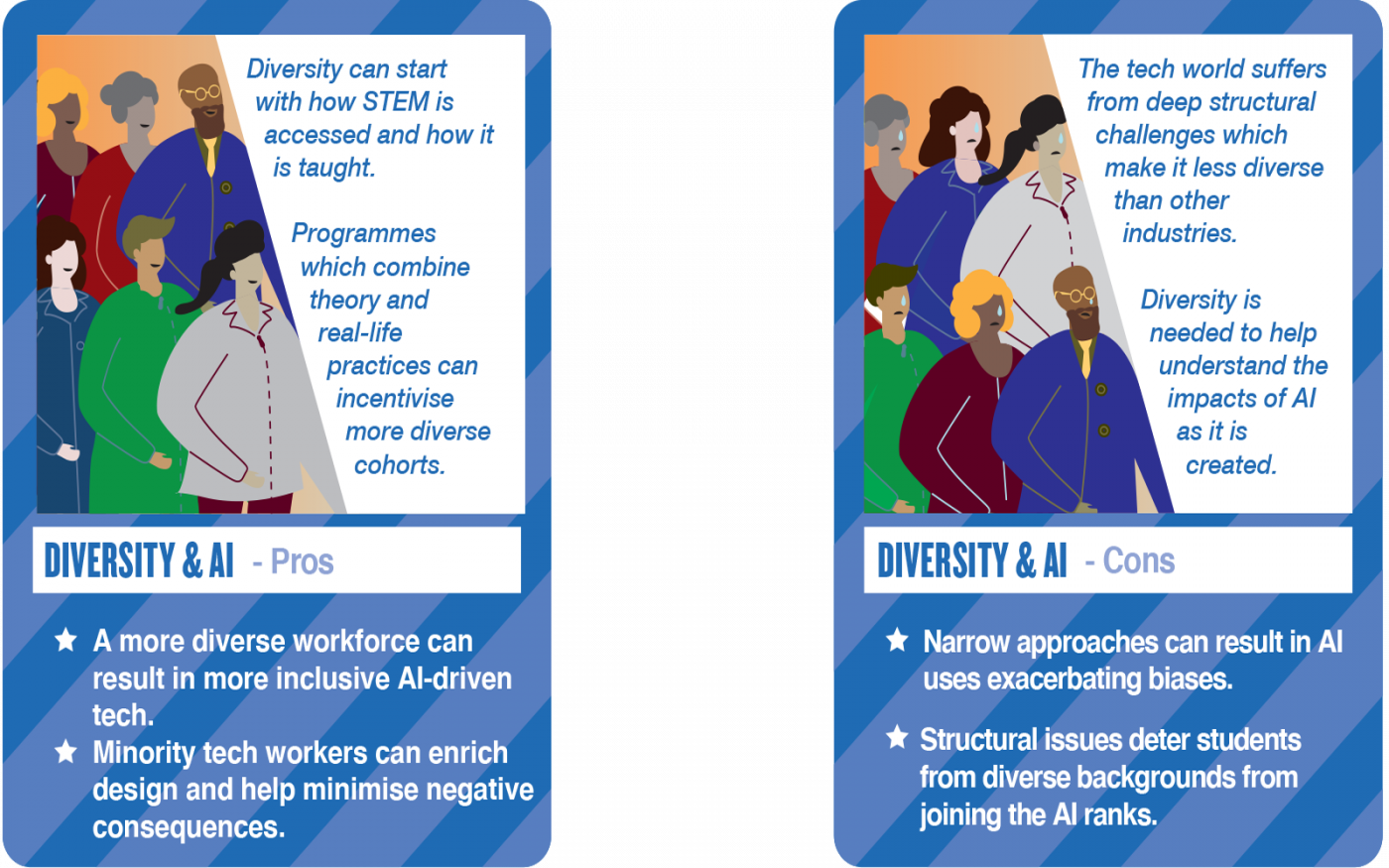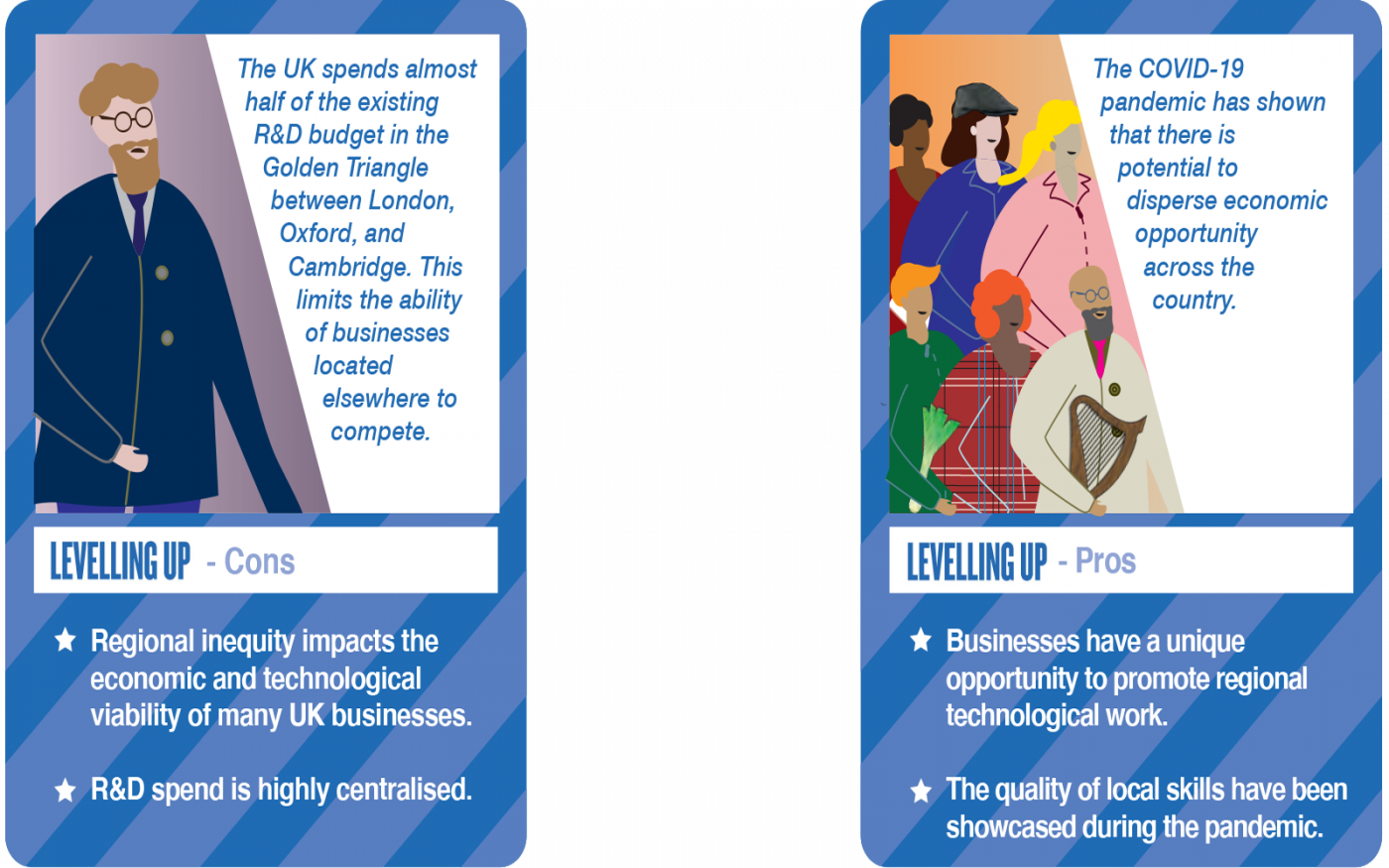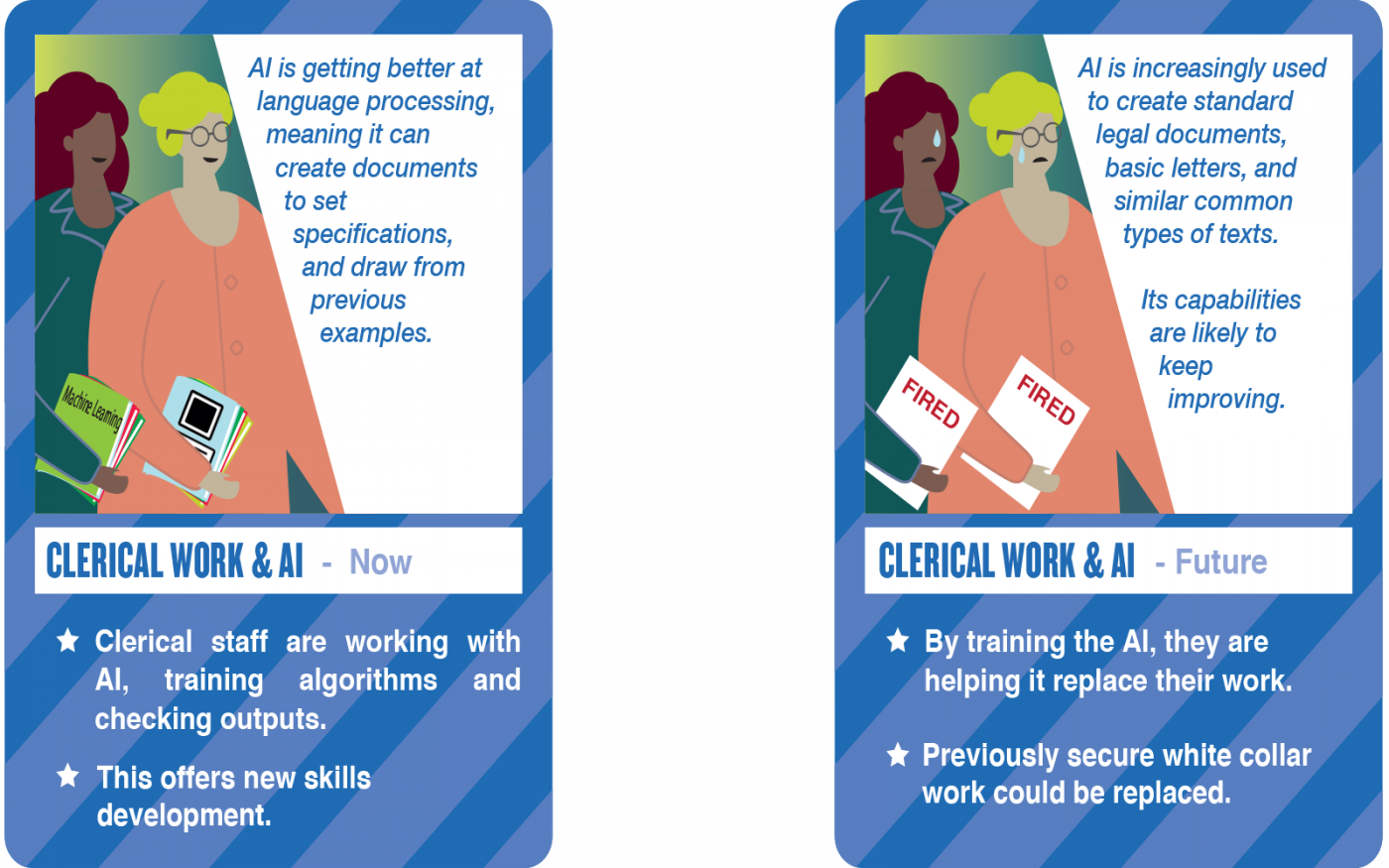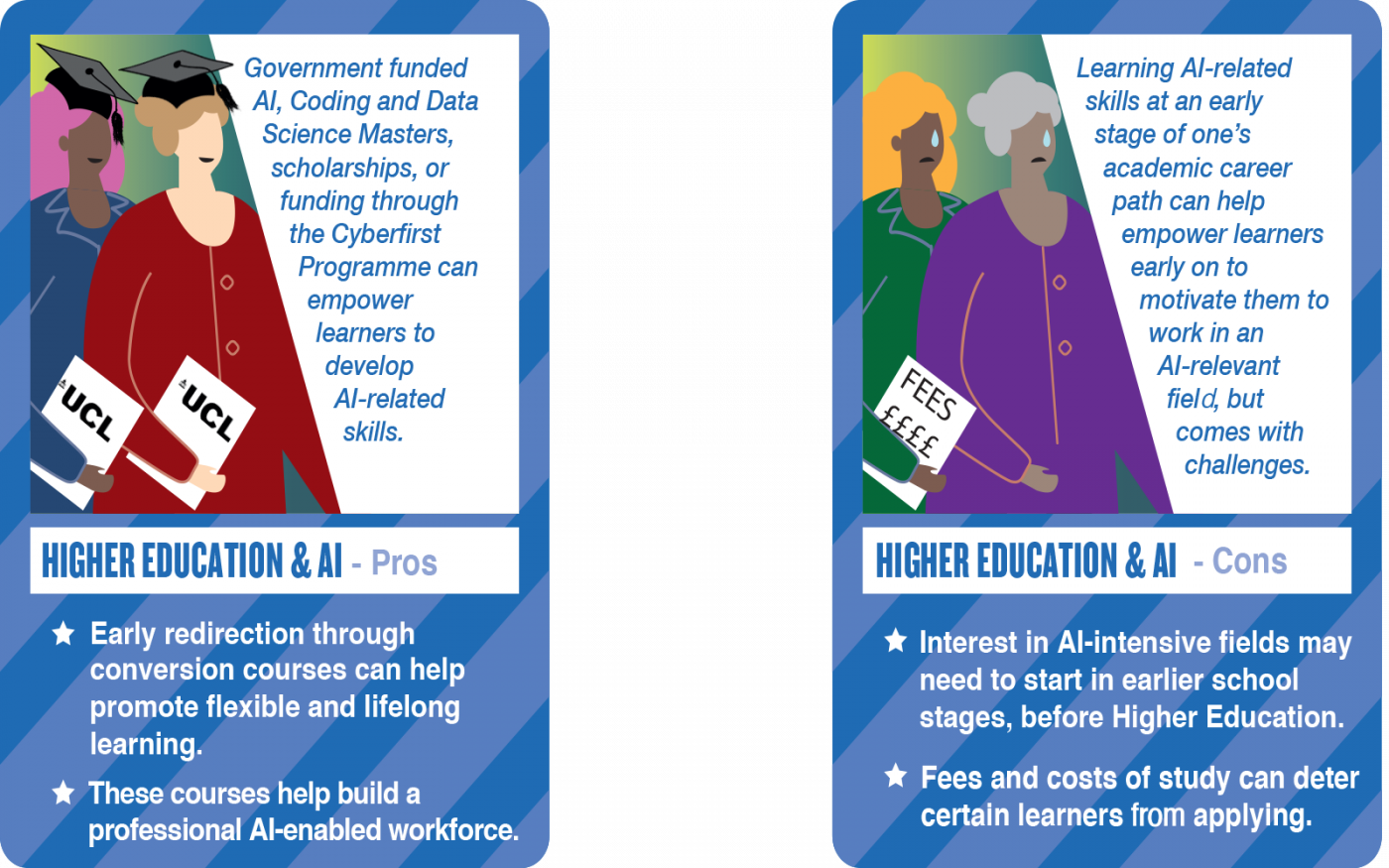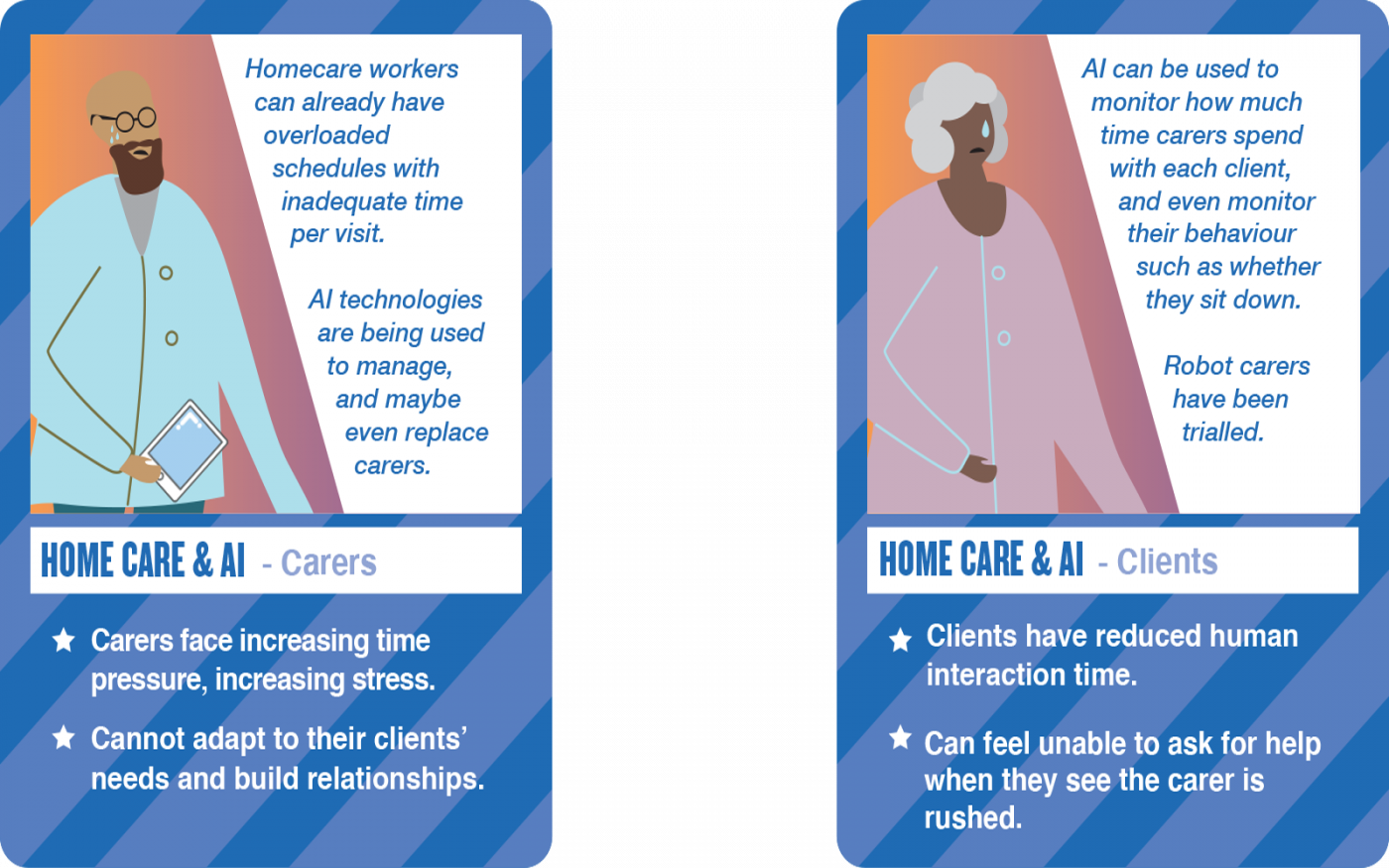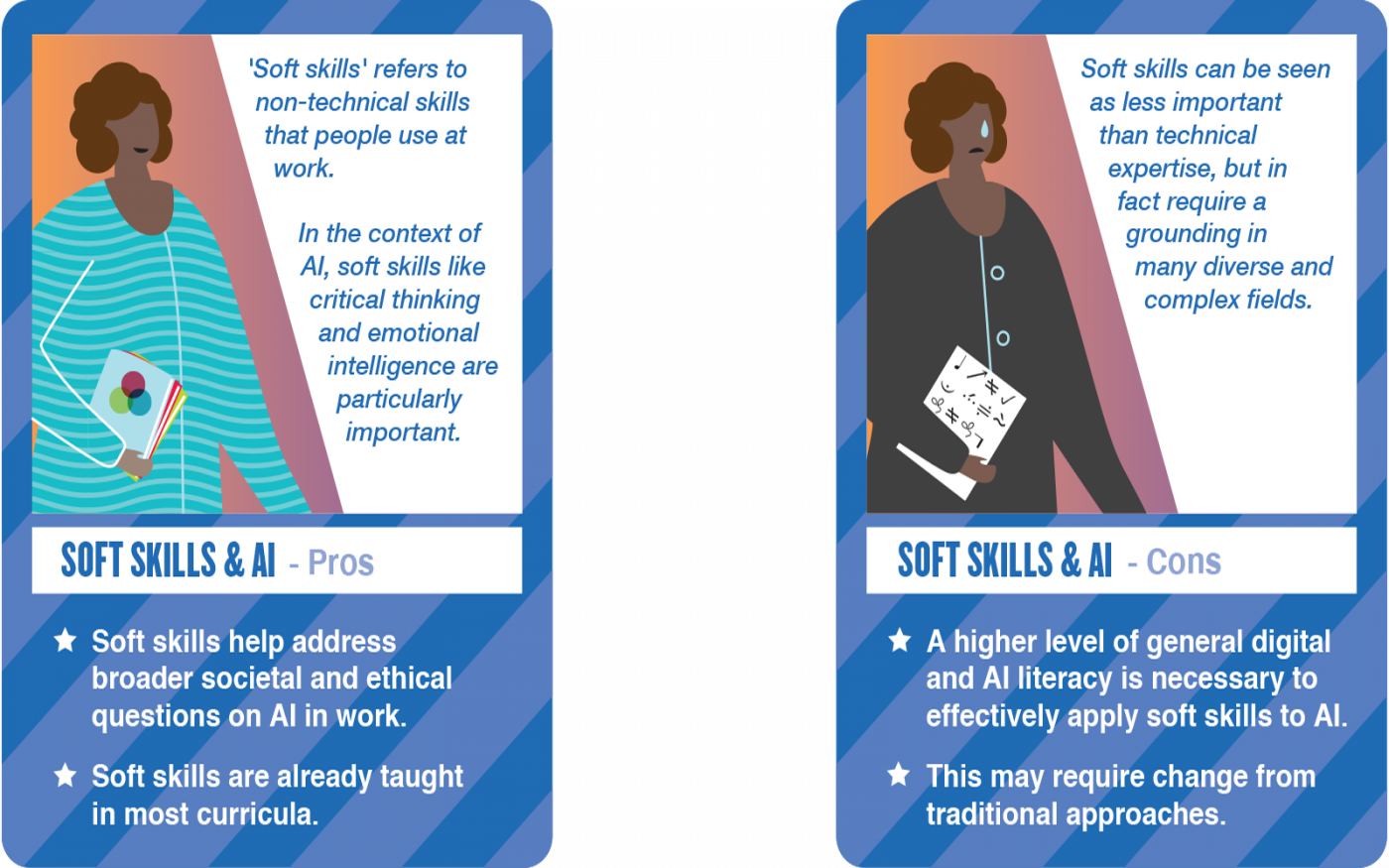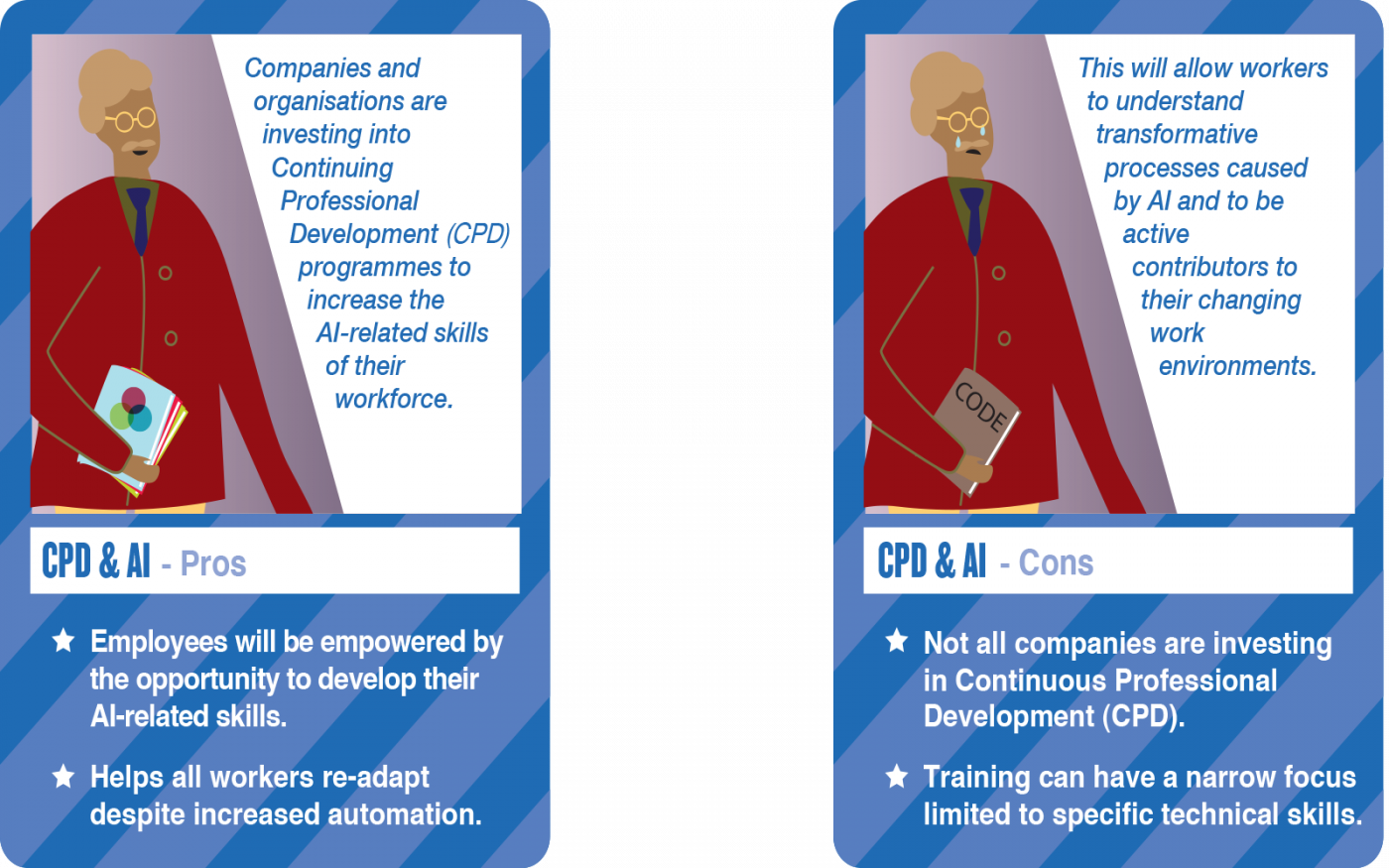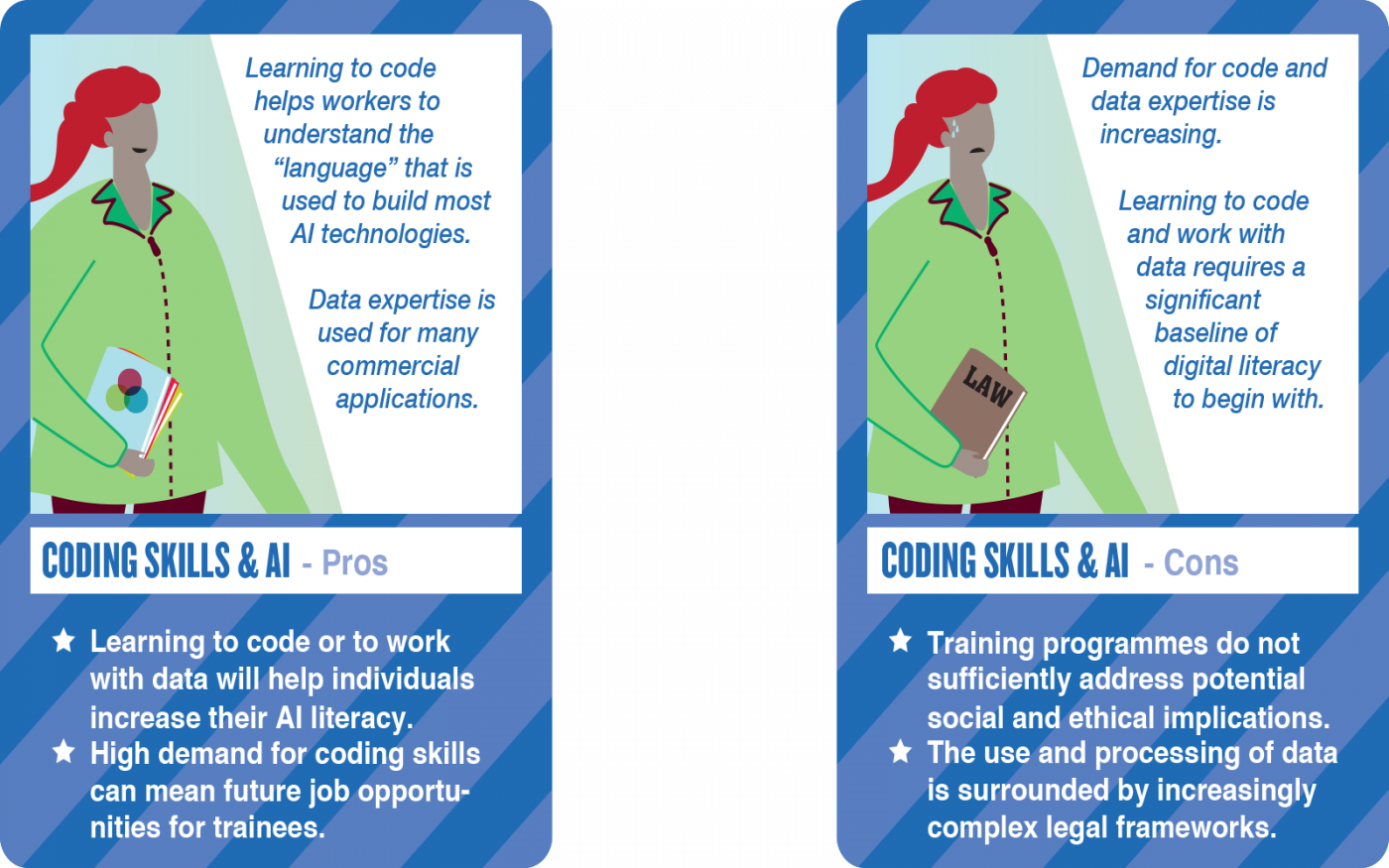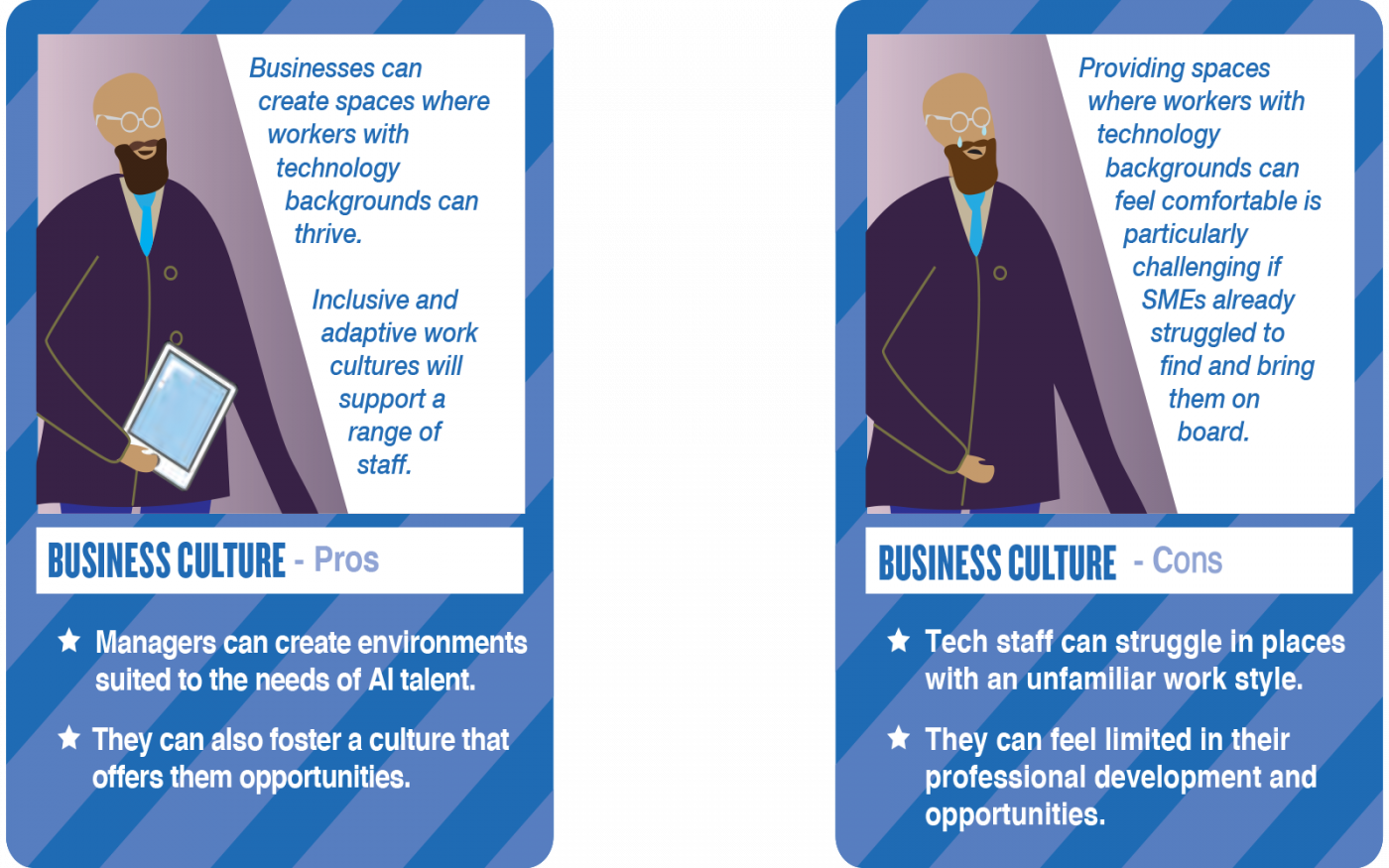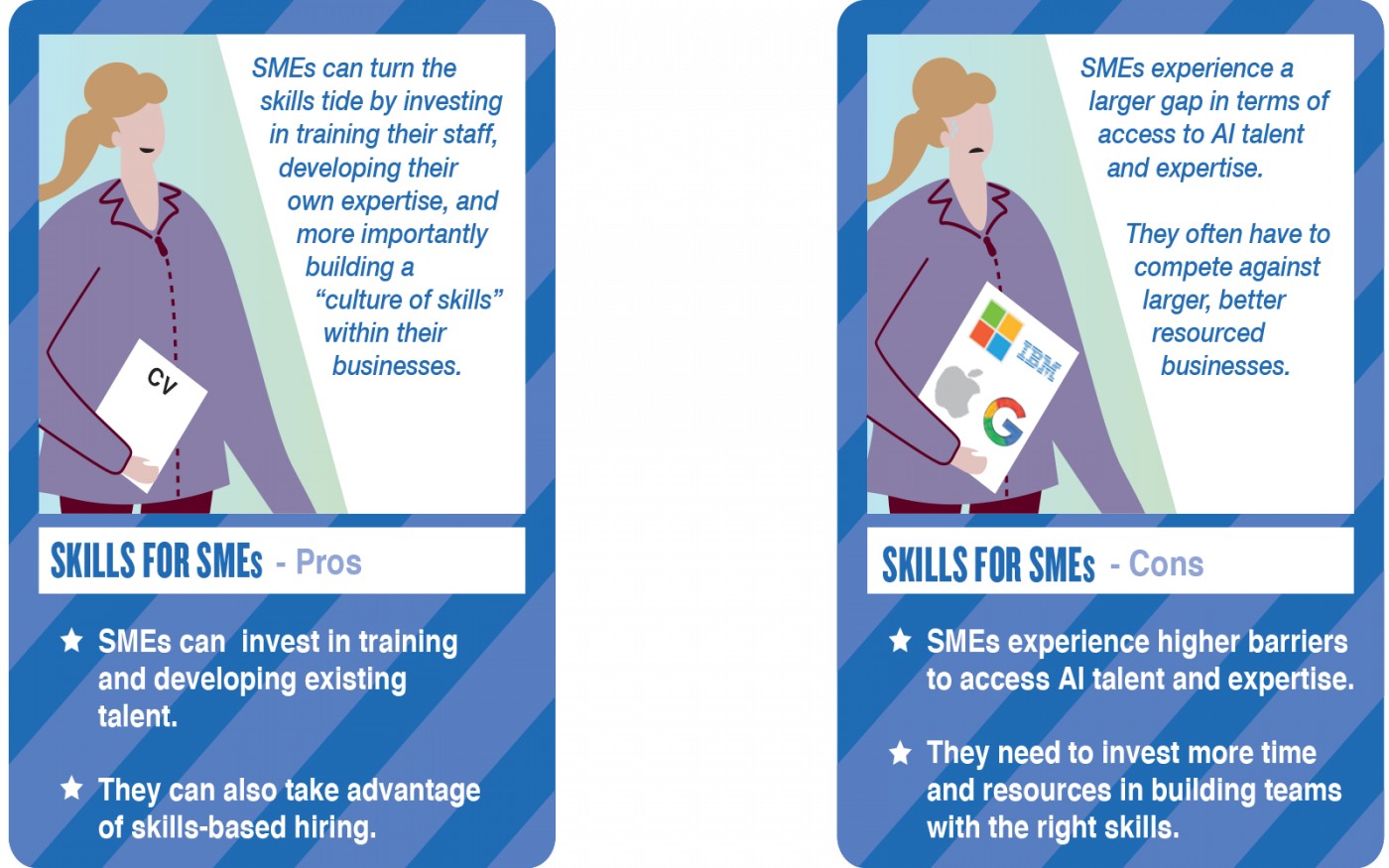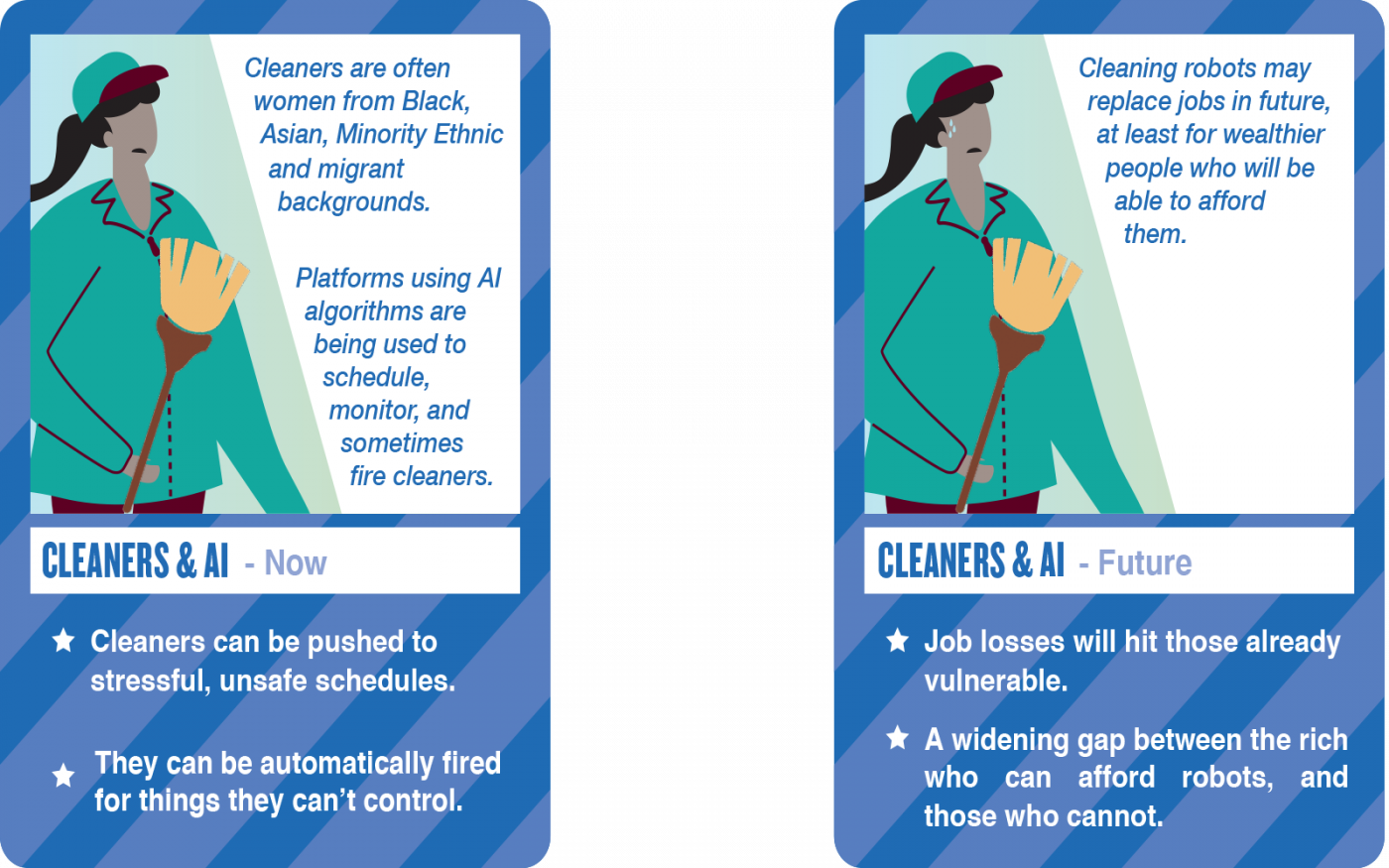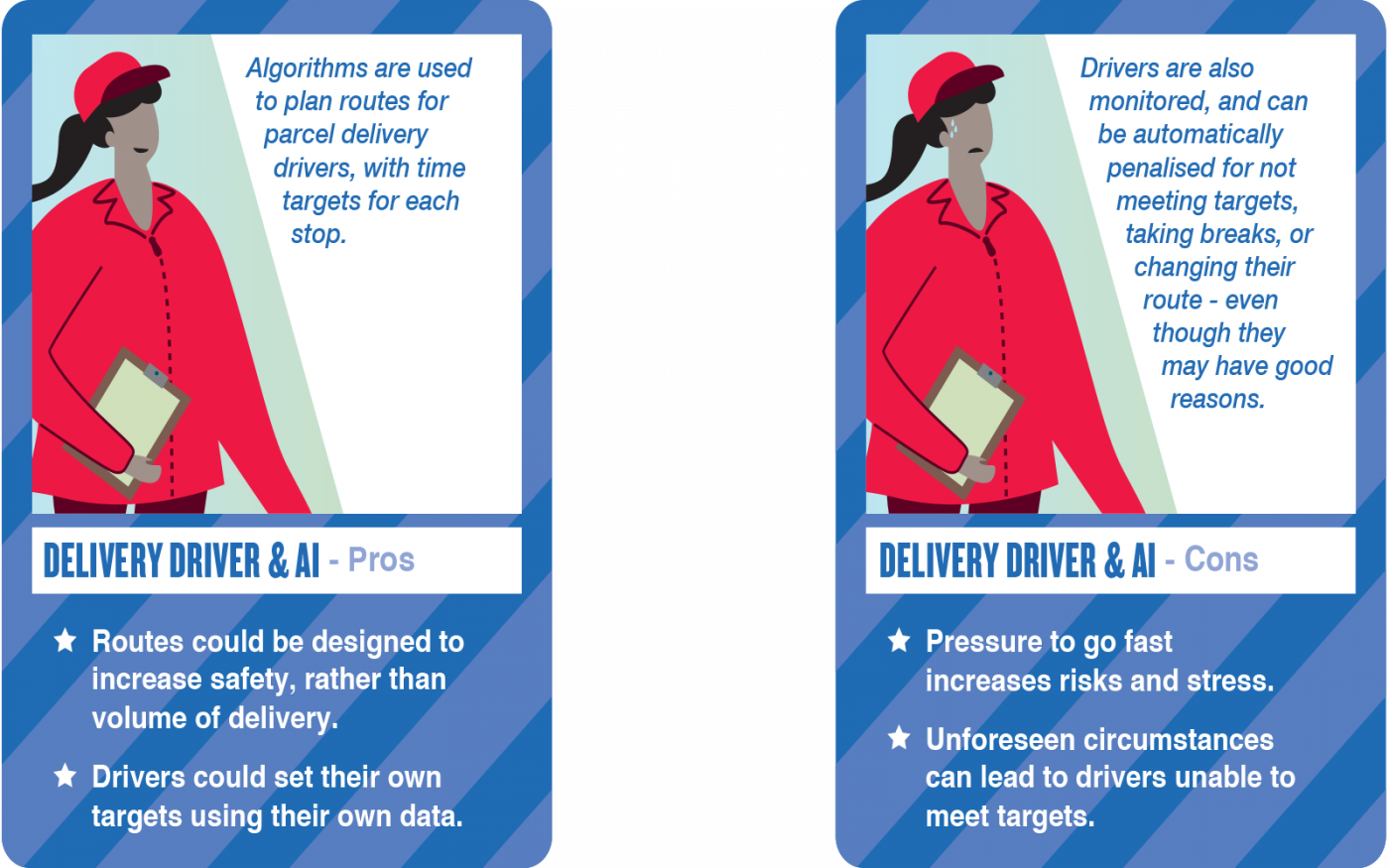AI and the Future of Work: A UCL and British Academy Collaboration
A collaboration between UCL and the British Academy ask critical questions for policy, business, practitioners and society on the ways in which AI impacts future quality and equality of work in the UK
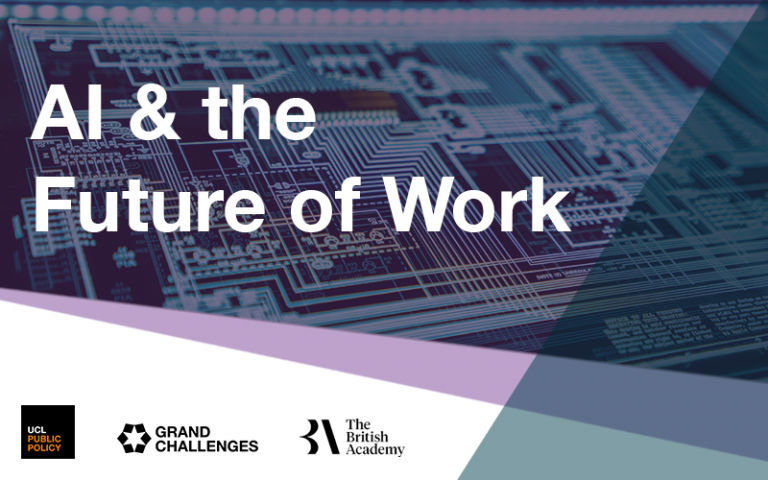
29 November 2021
About
Artificial intelligence (AI) brings opportunities and uncertainties for the future of work, and there is currently a widely acknowledged digital skills gap in the UK. Enabling and upskilling the workforce to take full advantage of AI will be vital in both a post-Brexit and post-COVID-19 world. However, there remains little consensus on the ways that AI could or should intersect with work, or the place of AI in the wider political, economic and social discourse. Likewise, questions remain as to how Government will be able to support the investment in lifelong skills and training that will be required to shape AI for the benefit of all.
AI is only one of the factors that will cause major changes in the nature of work over the coming decades, and it is not the first time that work has undergone a transformation related to technology. For example, changes due to AI will sit alongside changes related to climate change, as well as the immediate impacts of COVID-19 and the UK exiting the EU. The role of AI should be considered in this wider context of overlapping, interdependent factors to ensure an equitable transformation.
This collaboration between UCL and the British Academy seeks to ask critical questions for policy, business, practitioners and society on the ways in which AI could and should impact on the future quality and equity of work in the UK. The project seeks to broaden the debate surrounding the interactions of AI and work including on equality in work, assessing the impacts at a range of scales (both geographically and across industry sectors), engaging those with little interest in technology or who feel disenfranchised, and determining what ‘good work’ looks like.
- Reading list
UCL Grand Challenges
2019
IFOW
2021
IFOW
2021
TUC
2021
All-Party Parliamentary Group on the Future of Work
2021
Future Advocacy
2018
The Impact of AI in UK Constituencies: Where will automation hit hardest?
Ada Lovelace Institute
2021
PwC
2018
Capgemini
2020
TUC
2018
Brookings
2019
centreforcities
2020
The big questions we need to answer to encourage innovation outside the ‘Golden Triangle’
Council of Europe
2018
European Parliament
2020
Data subjects, digital surveillance, AI and the future of work
U.S. Department of Commerce
2019
Face Recognition Vendor Test (FRVT) Part 3: Demographic Effects
BBVA OpenMind
2020
Artificial Intelligence in the Workplace: What is at Stake for Workers?
The British Academy & Royal Society
2018
 Close
Close


